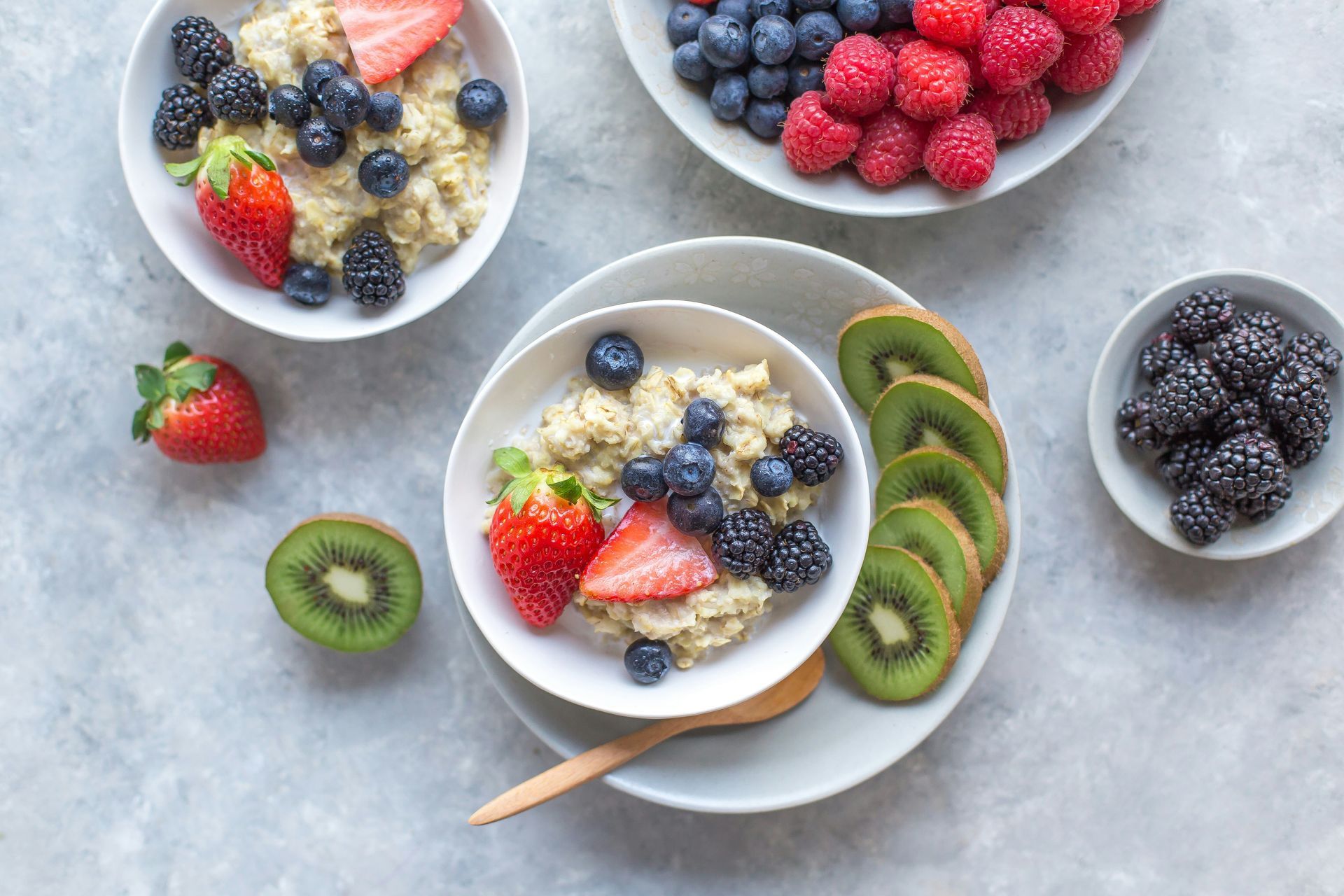How Probiotics and the Microbiome Influence Mental Wellbeing
The human body is a complex ecosystem teeming with trillions of microbes. These microscopic residents, primarily bacteria, but also including viruses and fungi, make up the gut microbiome, a crucial player in both physical and mental health. Recent research explores the fascinating world of the gut-brain axis, revealing a two-way communication highway between the microbiome and the brain that can significantly impact our mental well-being.

The Microbiome and Its Influence
The gut microbiome is a diverse community, with hundreds of different bacterial strains working in harmony. These microbes perform essential functions, aiding digestion, nutrient absorption, and immune system regulation. A balanced microbiome promotes overall health, while an imbalance, known as dysbiosis, has been linked to various health issues, including mental health disorders like depression and anxiety[1].
The Gut-Brain Axis in Action
The gut and the brain are in constant conversation, with a complex network of nerves, hormones, and immune messengers acting as communication channels. This bidirectional communication is known as the gut-brain axis.
Here's how it works:
• Microbial metabolites: Gut bacteria produce short-chain fatty acids (SCFAs) as they break down dietary fiber. These SCFAs influence brain function by regulating neurotransmitters like serotonin, which plays a key role in mood regulation[2].
• The Vagus Nerve: This nerve acts as a direct line between the gut and the brain. It carries signals from the gut microbiome, influencing stress response, mood, and emotional regulation[3].
• Inflammation: An imbalanced microbiome can trigger low-grade inflammation, which can damage brain cells and contribute to symptoms of depression and anxiety[4].

Probiotics and Mental Health
Probiotics are live bacteria that offer health benefits when consumed. They work by replenishing beneficial bacteria in the gut, potentially restoring balance to the microbiome. Research suggests that probiotics may play the following roles in improving mental health:
• Mood regulation: Studies have shown that probiotic supplementation can improve symptoms of depression and anxiety in some individuals[5]. A 2022 study even found a reduction in depressive symptoms along with changes in gut bacteria composition in patients taking probiotics[6].
• Stress reduction: Certain probiotic strains may help manage stress by influencing the production of stress hormones and promoting emotional resilience[7].
• Sleep improvement: A healthy gut microbiome is associated with better sleep quality. Probiotics may improve sleep by regulating the production of melatonin, a sleep-inducing hormone[8].
It's Important to Note
While research is promising, the field of psychobiotics (which explores the link between the gut microbiome and mental health) is still evolving.
•Specific strains: Different probiotic strains have different effects. Identifying the most effective strains for specific mental health conditions is ongoing and requires further research[9].
•Individual variability: People respond differently to probiotics. What works for one person might not be as effective for another.
•A partner, not a replacement, for traditional treatment: Probiotics should be considered a complementary approach alongside established mental health treatments like therapy and medication[10].

Optimizing Your Gut Health for Mental Well-being
Here are some strategies to promote a healthy gut microbiome and potentially improve mental health:
•Diet: Prioritize a fiber-rich diet with plenty of fruits, vegetables, and whole grains. Fiber feeds good gut bacteria. Even established colonies of positive bacteria need a constant supply of proper fuel to thrive.
•Probiotic foods: Incorporate fermented foods like yogurt, kefir, kimchi, and sauerkraut into your diet. These are natural sources of live bacteria growing in a medium of foods that will give them the best start in your digestive tract.
•Prebiotics: Prebiotics are non-digestible fibers that act as food for beneficial gut bacteria. Consider prebiotic supplements or foods like onions, garlic, and chicory root.
•Manage stress: Chronic stress can disrupt the gut microbiome. Practice stress-reduction techniques like yoga, meditation, and deep breathing. When you manage stress well, your mind and body reap the benefits.
• Sleep hygiene: Getting enough quality sleep is crucial for overall health, including gut health. Aim for 7-8 hours of sleep per night.
The gut microbiome plays a significant role in not just physical health but also mental well-being. While research on probiotics and mental health is ongoing, the potential for these live bacteria to improve mood, reduce stress, and promote emotional health is promising. By fostering a healthy gut environment through diet, lifestyle changes, and potentially probiotics, we can take a proactive approach to supporting both our physical and mental well-being.
1. Hamilton MA. A rating scale for depression. J Neurol Neurosurg Psychiatry. 1960;23:56-62.
2. Rush AJ, Trivedi MH, Wisniewski SR, et al. Acute and longer-term outcomes in depressed outpatients requiring one or several treatment steps: a STAR*D report. Am J Psychiatry. 2006;163(11):1905-1917.
3. Kessler RC, Berglund P, Demler O, Jin R, Merikangas KR, Walters EE. Lifetime prevalence and age-of-onset distributions of DSM-IV disorders in the National Comorbidity Survey Replication. Arch Gen Psychiatry. 2005;62(6):593-602.
4. Cryan JF, Dinan TG. Mind-altering microorganisms: the impact of the gut microbiota on brain and behaviour. Nat Rev Neurosci. 2012;13(10):701-712.
5. Foster JA, McVey Neufeld KA. Gut-brain axis: how the microbiome influences anxiety and depression. Trends Neurosci. 2013;36(5):305-312.
6. Naseribafrouei A, Hestad K, Avershina E, et al. Correlation between the human fecal microbiota and depression. Neurogastroenterol Motil. 2014;26:1155-1162.
7. Jiang H, Ling Z, Zhang Y, et al. Altered fecal microbiota composition in patients with major depressive disorder. Brain Behav Immun. 2015;48:186-194.
8. Desbonnet L, Garrett L, Clarke G, Kiely B, Cryan JF, Dinan TG. Effects of the probiotic Bifidobacterium infantis in the maternal separation model of depression. Neuroscience. 2010;170(4):1179-1188.
9. Desbonnet L, Garrett L, Clarke G, Bienenstock J, Dinan TG. The probiotic Bifidobacteria infantis: an assessment of potential antidepressant properties. J Psychiatr Res. 2008;43(2):164-174.
10. Messaoudi M, Lalonde R, Violle N, et al. Assessment of psychotropic-like properties of a probiotic formulation (Lactobacillus helveticus R0052 and Bifidobacterium longum










